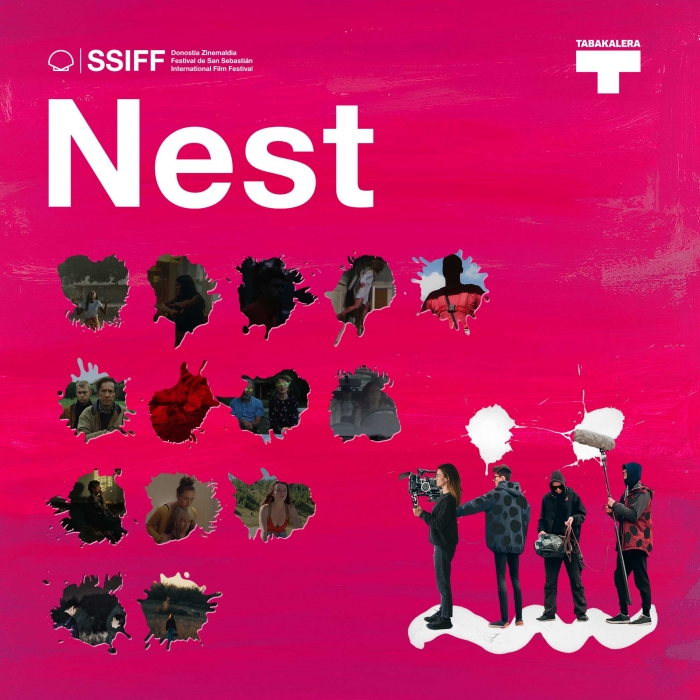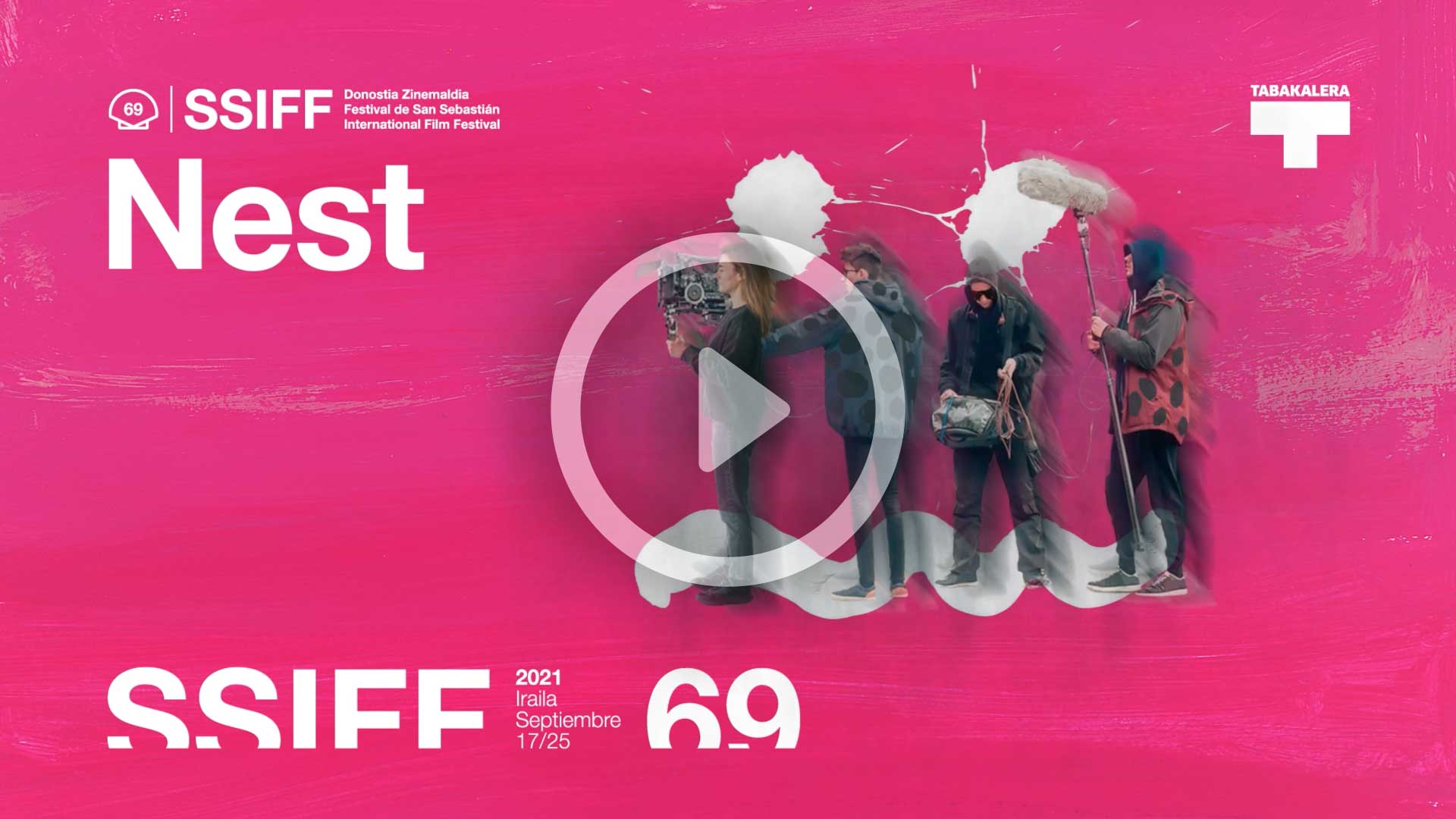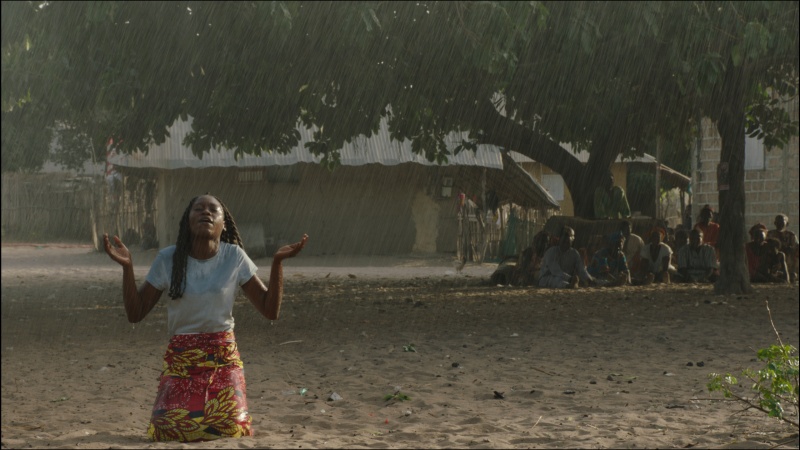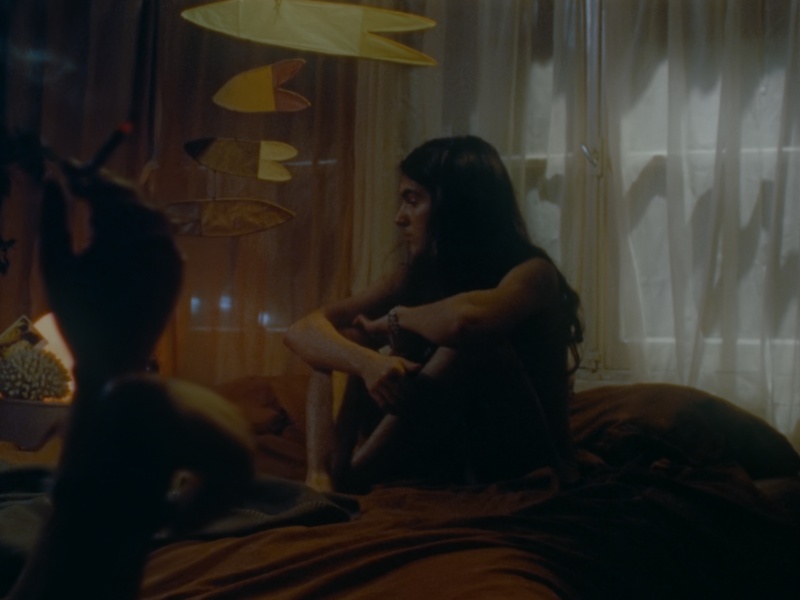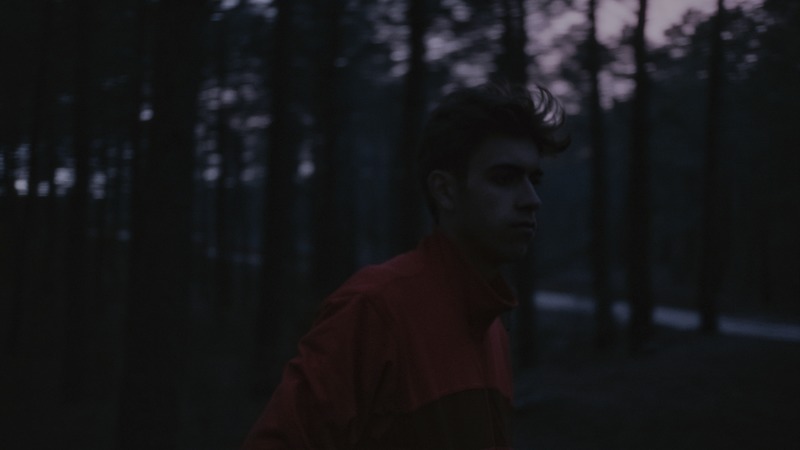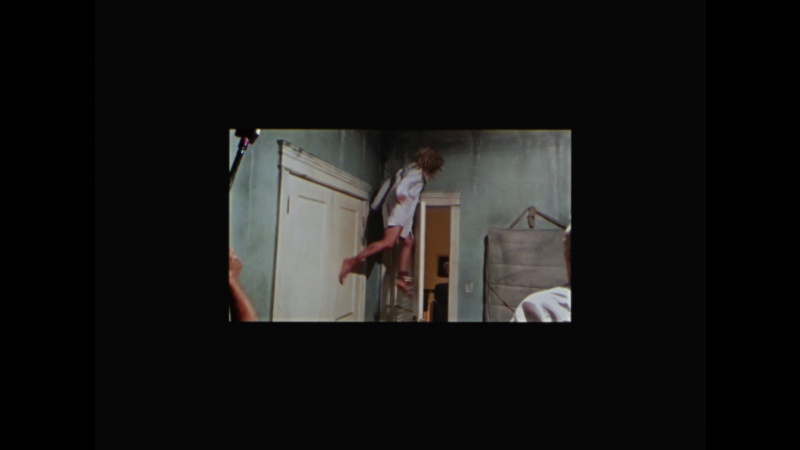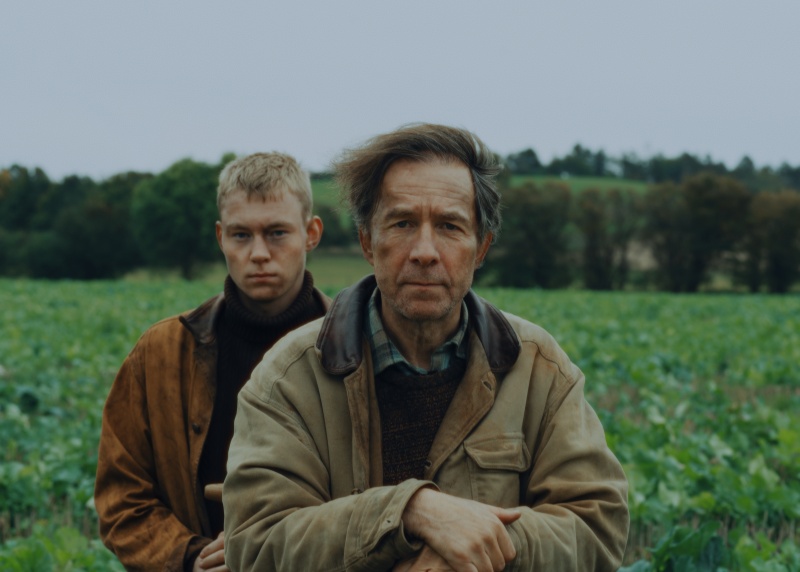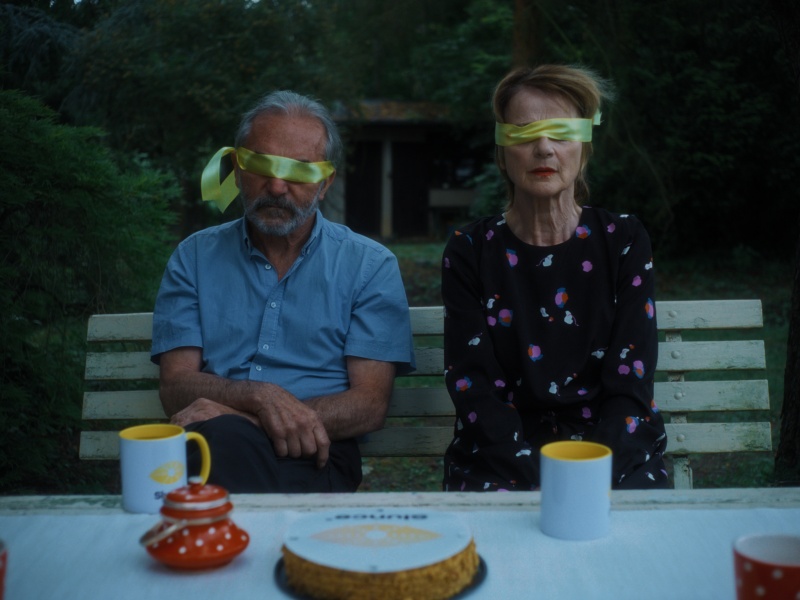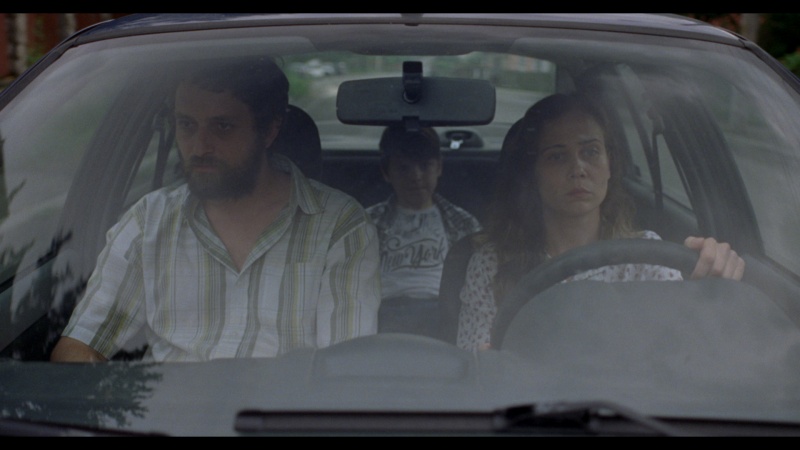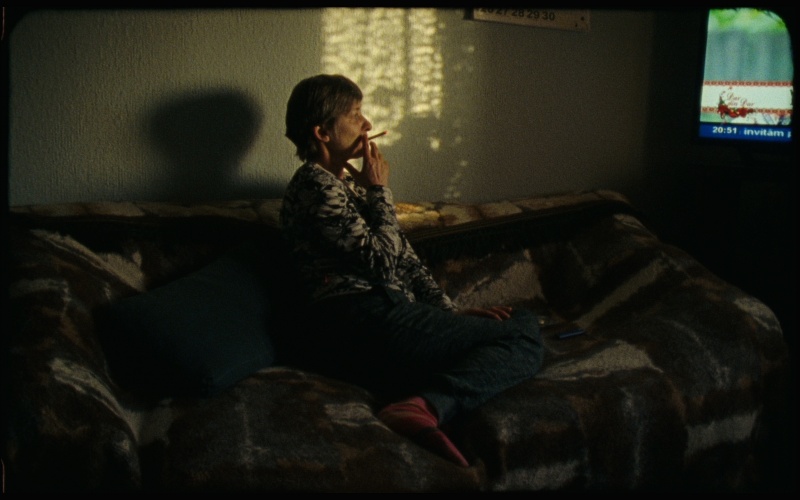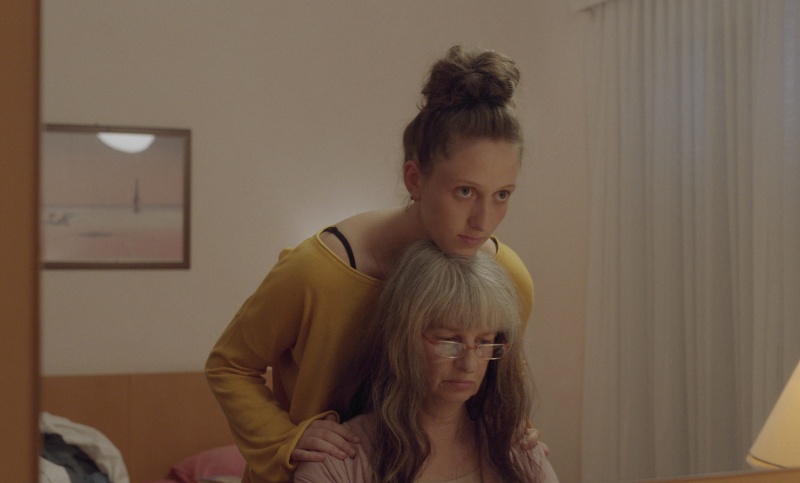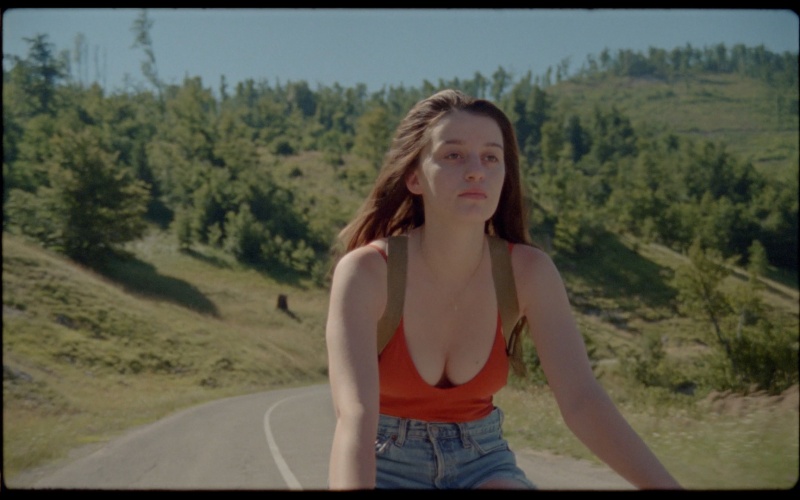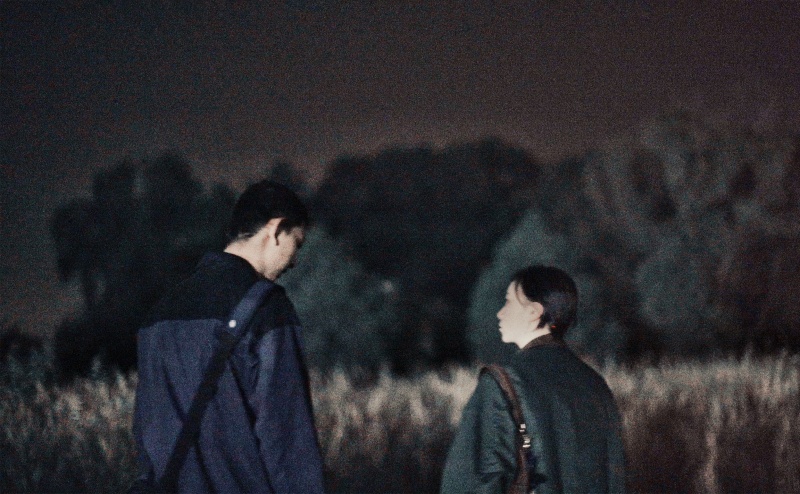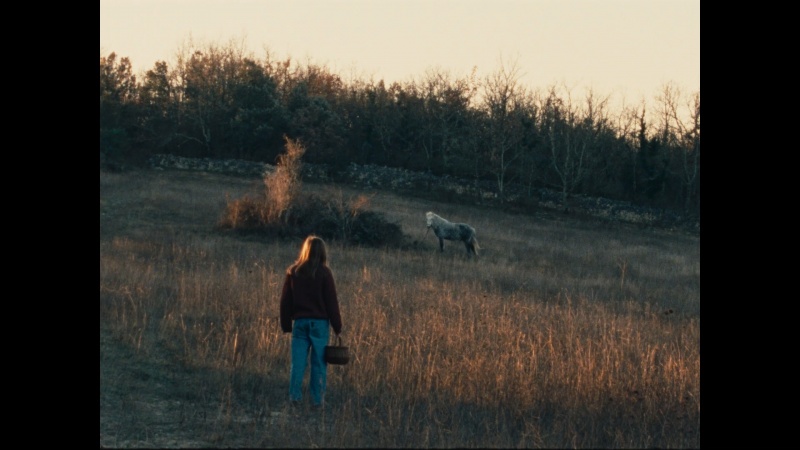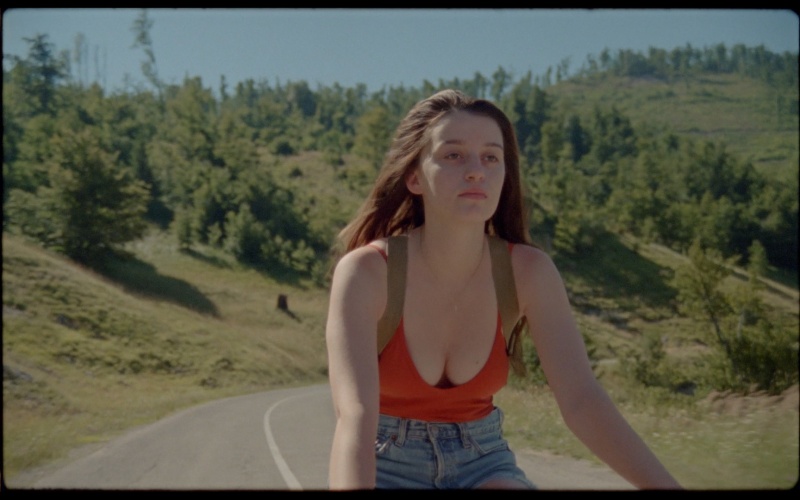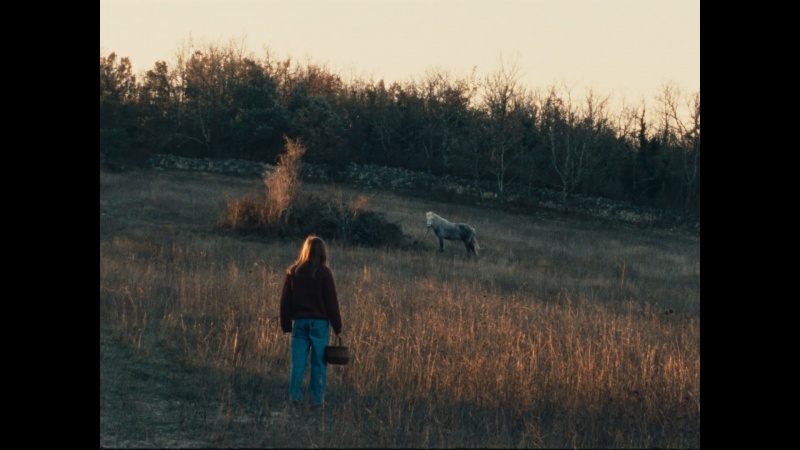The 20th edition of Nest, San Sebastian Festival’s international competition for shorts by film students, has selected fourteen films from the 310 submitted by 157 schools in 42 countries. The selected works, seven by female and seven by male directors, come from Argentina, Brazil, China, Croatia, Denmark, France, Romania, Slovakia, Spain, Switzerland, United Kingdom and United States.
Organised by the San Sebastian Festival and Tabakalera, International Centre for Contemporary Culture, the Nest section presents the work of students from film schools all over the world, the filmmakers of today and tomorrow. As well as offering a place to screen and promote short films, Nest also has the vocation to become a meeting place for students, filmmakers, industry professionals and the audience: a space enabled by the Festival for conversation about the cinema and for promoting the coming together between training and the professional world.
The fourteen selected short films will therefore screen in the Tabakalera cinema from Monday 20 to Wednesday 22. In addition, following the limitations imposed by the Covid-19 pandemic last edition, this year the section recovers its masterclasses with moviemakers and film industry professionals. Similarly, to celebrate its 20th anniversary, Nest will organise a special programme to be announced in the coming weeks.
For the third consecutive year, Nest will include a short film presented by the Elías Querejeta Zine Eskola (EQZE), the school promoted by Gipuzkoa Provincial Council and with participation of the Festival, Tabakalera and the Filmoteca Vasca. The film in question is Podul de Piatrâ / Pont de Pedra and its director is Artur-Pol Camprubí.
A recognised personality from the world of cinema will preside over the jury alongside three Nest students. The director of the winning short film will receive 10,000 euros.
During its first two years of existence, Nest has functioned as a breeding ground for new film industry talents, creating a community of students who proceed to make their way in the professional world. For example, the Belgian filmmaker Laura Wandel, who participated in the San Sebastian Film Students Meeting in 2007, has presented her first feature film (Un monde / Playground) at the Festival de Cannes. The Chilean filmmaker Nicolás Lasnibat, winner of the Panavision Award in 2006 for his short film Trienta años, has recently been appointed director of studies at the La Fémis school. Last year, the filmmaker born in Germany and raised in Spain and the Netherlands, Isabel Lamberti, winner of the Nest Torino Award in 2015, was recognised with the Kutxabank-New Directors Award for her first feature film, La última primavera / Last Days of Spring.
As in previous editions, Tabakalera will make the most of the Festival dates to screen films in the Nest section to have won awards in recent years. The films will show from September 17-25 on a screen set up in Medialab, the Tabakalera service housing both the creation library and the technology and digital culture lab. The short films participating in the section have been digitalised and archived in Medialab, where they are available for consultation by all users of the library.
|
SHORT FILMS
Rokhaya, a young director returns to her home in Dakar to make a film about a local historical figure. Throughout her research, which consists of interviews with local personalities, discussions with her team and fictional scenes shot on location, we discover the story of Aline Sitoe Diatta.
Nights are long inside Naomi and Ram's room. Tonight, they've invited Marina over and their messy space is under scrutiny. Exploring intimacy as personal playground, skin as intimate map, Naomi's docile body is coming loose amidst the tension of a room she continues knowing and unknowing. The small expressive child inside her is itching to ring its giggle through the night, before day breaks.
On a cold April afternoon, coming down a mountain, Marcos and Iván will be faced with deciding whether to cover up or take responsibility for an action they have just committed.
While images produced for Hollywood appear slick and controlled, a stunt performer's testimony in Crashing Waves reveals otherwise, as they parse out all of the elements that go into a car crashing off a cliff and diving into the water for a TV show. Though the image produced and edited creates a split-second moment of violence for the viewer's pleasure, Crashing Waves uncovers the months of labor, training, and danger that the stunt involved, contingent on capitalist, patriarchal hierarchies in the film industry. The film meditates on the stakes of the real in the dominant culture's production of images and emphasizes the importance of the ethics of care.
João is a delivery man who dreams of having a motorcycle. He was told that everything would be like a musical film. But even in neon, he is still invisible.
Elias is a young man who lives with his father, Frank, in a house out in the middle of nowhere. There, their lives revolve around filling a mysterious hole that keeps reappearing in the floor of their living room. Filling the hole during the day, and spending the evenings unwinding, seems perfectly fine for Frank, but Elias starts to question the meaning behind this life that Frank has decided for them. As Elias' weariness grows, he confronts his father about wanting to do something else. Frank is a stubborn man, though, and Elias' rebellion soon sees them butting heads.
Ob Scena is an experimental documentary short returning to academic texts on sexuality written by a psychiatrist in Cuba in the 80s and drawing a link with today’s pornography. A reflection on the place of social control discreetly infiltrated in the representation of sex.
Libuse and Jaromír, an elderly couple, spend their time in a vicious circle of routine activities and constant physical proximity that has made them emotionally distant. The promise of change comes in the form of a company called The Sun.
All Andrei wants is to leave for summer camp, together with his friends, once the school year is over. Meanwhile, his parents are caught up with their divorce.
A streetlamp marking the limit of a town in Aragon’s Eastern Strip lights up at nightfall. Angelica, a woman of Romanian origin living in the town, witnesses the birth of a foal at the stables where she works. The little creature’s struggle to free itself from the maternal placenta, its condition of ghostly and borderline existence, pierce her to the extent that she will be unable to shake off the image.
After their house burns down, 18-year-old Sofia and her mother Carla have to live together in a small room at The Little Swallow Hotel. Sofia explores the building and meets new inspiring people. A thousand opportunities seem to open up for her. Carla, on the other hand, has to get used to the idea of her daughter leaving. In this closed-door environment, mother and daughter try to find a new balance in their relationship.
Saša and Filip are traveling to Gorski Kotar. Isolated in the midst of the global pandemic, Saša starts to question their relationship. As her resistance towards Filip grows, her courage to say it crumbles.
At night, the escort girl Muduo and the writer Mianshan stroll in the People's Park. Mianshan tells of a novel he dedicated to his fiancée, which takes place after the end of the world, where a boy travels through an abandoned aquarium to rescue a dying mermaid. As the story progresses, the park seems to gradually become isolated from the world, and Mianshan searches for an exit back to reality, while the clues seem to be hidden in the experiences that Muduo shares with his fiancée.
An awkward young girl, on the brink of adolescence but ignored by her mother, is left to navigate her first feelings of desire on her own when a local handyman and his horse come to fix a broken wall.

